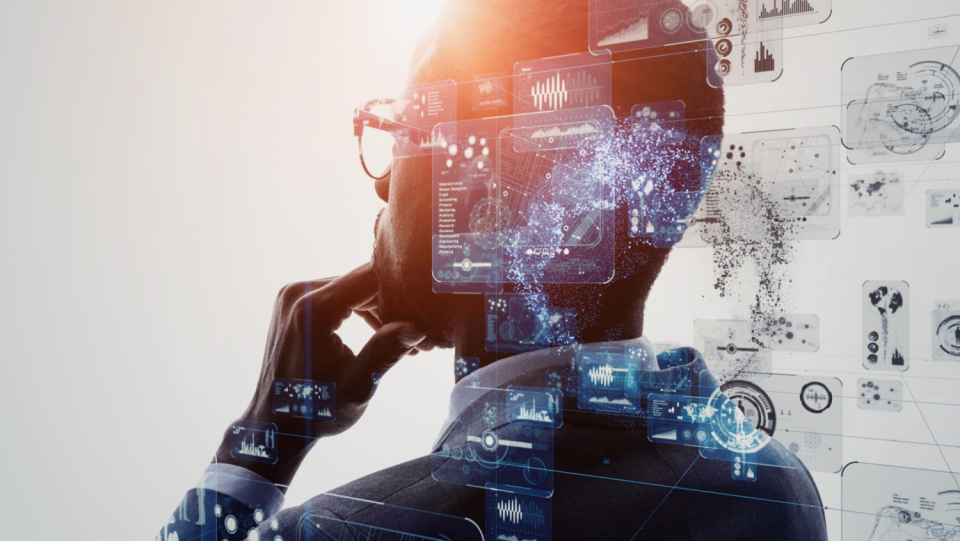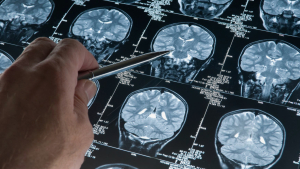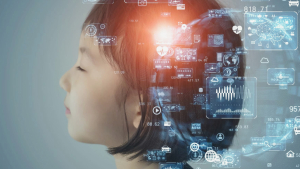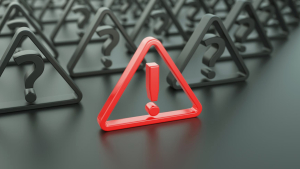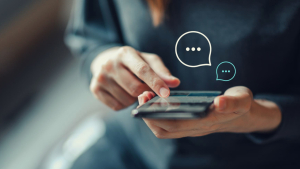Access to information has changed radically in recent decades. Before the triumph of the Internet, you had to rely on the Brockhaus on the bookshelf or research in the library. Today, the computer or smartphone in our pocket is our gateway to the world's knowledge. However, we sometimes cannot distinguish knowledge drawn from the Internet from our own, as a study by Adrian Ward of the University of Texas shows.
The marketing researcher carried out eight different experiments. In the first attempts, he demonstrated the following: subjects who were allowed to consult a search engine like Google to answer questions then overestimated their own knowledge compared to those who had to work without support. In order to examine more precisely how aids from the Internet influence the perception of his own knowledge, Ward divided 156 volunteers in two groups in the eighth experiment, which he confronted with 50 questions.
More in line with one's own thoughts
Half of them were allowed to Google freely if they didn't know what to do next. The other one was provided with links to the appropriate Wikipedia articles for this case, so she didn't have to search for them herself. Then the researcher presented 70 questions to all the subjects, including those that they had previously worked on. For each of them, you should indicate whether you had resorted to external sources for answers. On average, the Wikipedia group mistakenly attributed only one answer to their own knowledge. For the Google group, the value almost tripled.
Researching something in a search engine adapted to our language usage is more like your own thinking than "looking up" in a lexicon like Wikipedia. Especially since Google attempts to provide information as "casually as possible". Therefore, it could happen faster that you think researched knowledge for your own. "Perhaps the Internet is less for us like a library, but more like a neuroprothesis that we are not connected by wires, but by data streams," says the psychologist.







